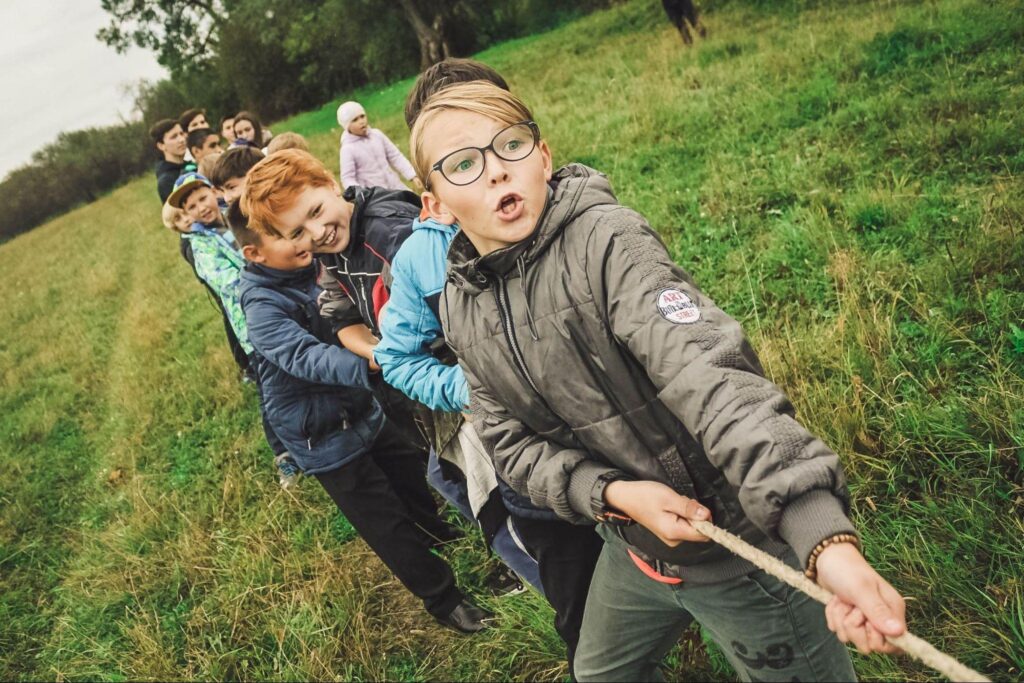How to Design Educational Events That Are Engaging and Effective

Designing educational events that are both engaging and effective is crucial in promoting a better learning experience for participants. These events provide opportunities for attendees to acquire new knowledge, develop skills, and network with others.
In this article, we will discuss how to design interesting educational events that have a lasting impact on participants.
Identify Your Audience for the Event
Before diving into the planning process, it is essential to identify and understand the target audience for the event. Knowing their interests, needs, and preferences will help you tailor the content and activities to their specific requirements.
Consider factors such as age, educational background, and professional experience, as well as their preferred learning styles. This will enable you to create an event that resonates with your audience, making it more engaging and effective.
Set Clear Objectives and Goals
When designing an educational event, you must establish clear objectives and goals that outline what you want to achieve. Doing so lets you focus on the most important aspects and make informed decisions throughout the planning process.
Ask yourself what knowledge or skills you want your attendees to gain and how you can best facilitate their learning. Having well-defined objectives will help you measure the success of your event and guide you in creating a comprehensive and engaging program.
Choose the Right Format
Selecting the appropriate format for your educational event is crucial in ensuring an engaging and effective experience. Consider the objectives you’ve set, as well as the preferences and needs of your audience.
You might opt for a workshop, seminar, conference, or a mix of these formats. Keep in mind that incorporating various formats can help maintain interest and cater to different learning styles.
Don’t hesitate to explore innovative approaches, such as interactive sessions, panel discussions, or even gamification, to create a more dynamic and immersive experience for your attendees.
Develop Engaging Content
Creating content that captures and maintains your audience’s attention is essential for a successful educational event. Begin by conducting thorough research on your topic, and consult experts or use the best translation services online to ensure the information you present is accurate and up-to-date.
Utilize various media formats, such as videos, slides, and interactive activities, to appeal to different learning styles and keep your audience engaged. Remember to maintain a balance between delivering valuable information and providing opportunities for attendees to participate, discuss, and collaborate actively.
Creative and Effective Learning Environment
An effective learning environment is crucial for fostering engagement and facilitating the acquisition of new knowledge and skills. Choose a venue that is comfortable, easily accessible, and has the necessary technological infrastructure to support your event.
Pay attention to factors such as room layout, lighting, and acoustics, as these can significantly impact the overall experience for your attendees.
Additionally, foster a positive atmosphere by encouraging open communication, providing opportunities for networking, and promoting a sense of community among the participants. This will create a more enjoyable experience and contribute to the success of your educational event.
Evaluate and Measure Effectiveness
Assessing the success of your educational event is crucial for identifying areas of improvement and making future events even better. Start by collecting feedback from your attendees through surveys, questionnaires, or informal discussions.

Consider incorporating plagiarism free essays or other assignments to measure the knowledge gained during the event. Analyze the data gathered to determine whether your objectives and goals were met, and identify any aspects that require further attention.
Don’t forget to celebrate your successes, as this will motivate you and your team to continue organizing high-quality educational events.
Final Considerations
Organizing engaging and effective educational events takes careful planning, dedication, and attention to detail. By identifying your audience, setting clear objectives, choosing the right format, developing engaging content, creating an effective learning environment, and evaluating the event’s effectiveness, you can create memorable and impactful experiences for your attendees.
Keep in mind that organizing educational events is an ongoing learning experience, so be open to feedback and continuously strive to improve your skills and knowledge. With persistence and determination, your educational events will become a valuable resource for your target audience.
Author’s Bio:
Joanne Elliot finds joy in writing and imparting wisdom to others. She takes pleasure in discovering and trying out new recipes in the kitchen. With a firm belief in the importance of continuous education, Joanne consistently seeks to develop her abilities further.






